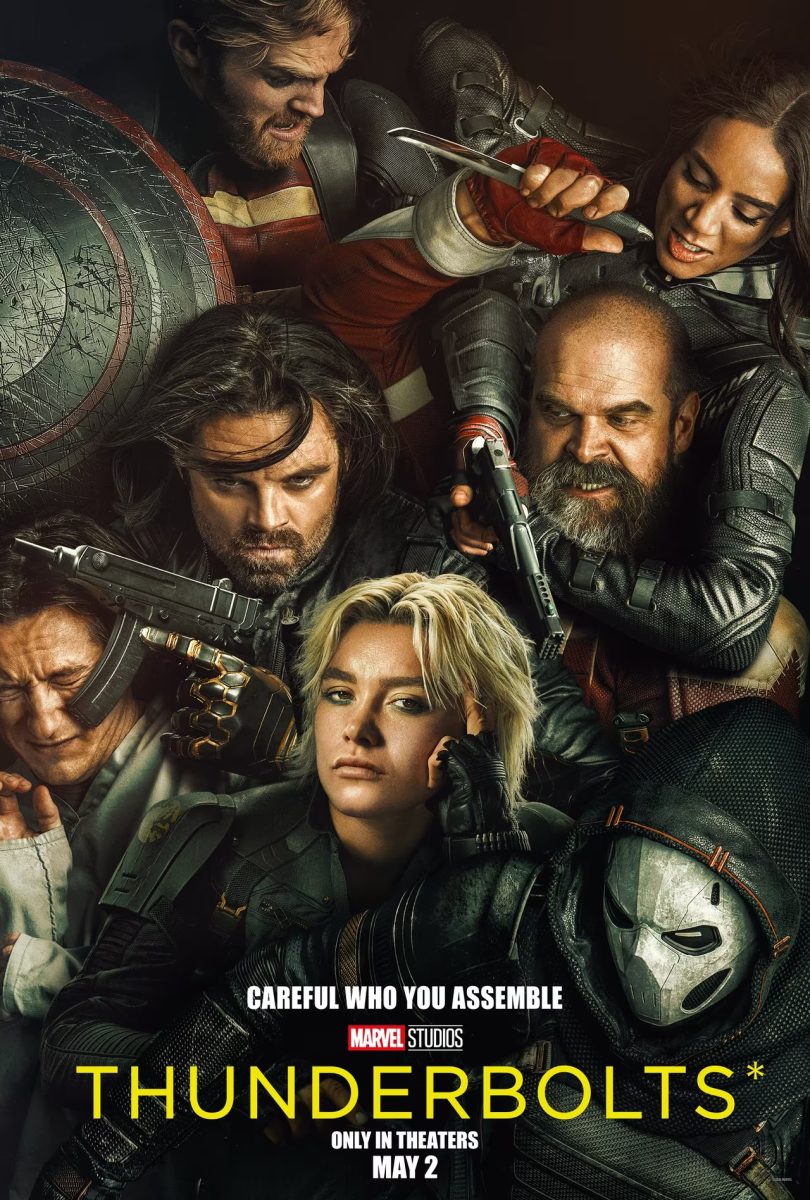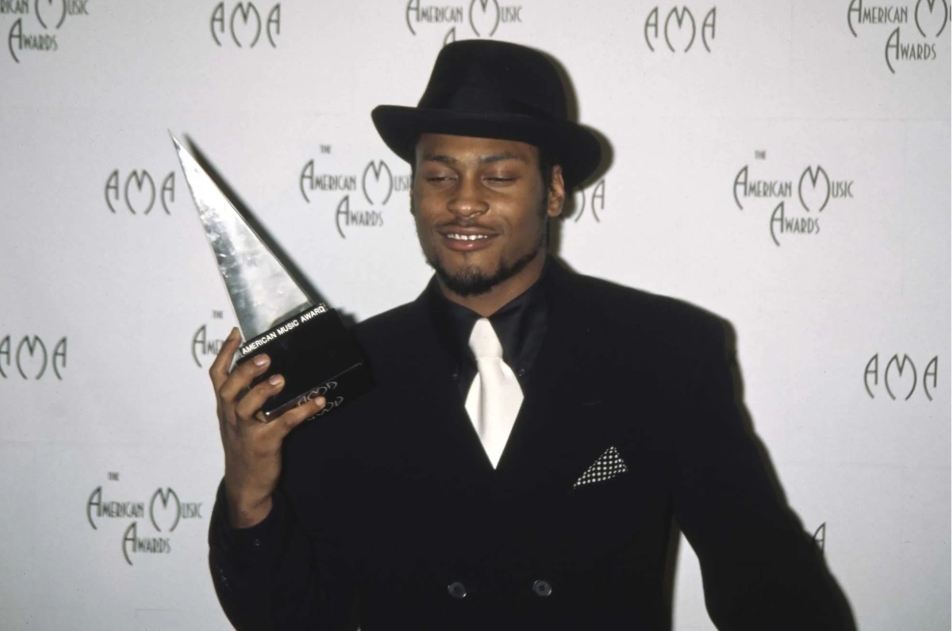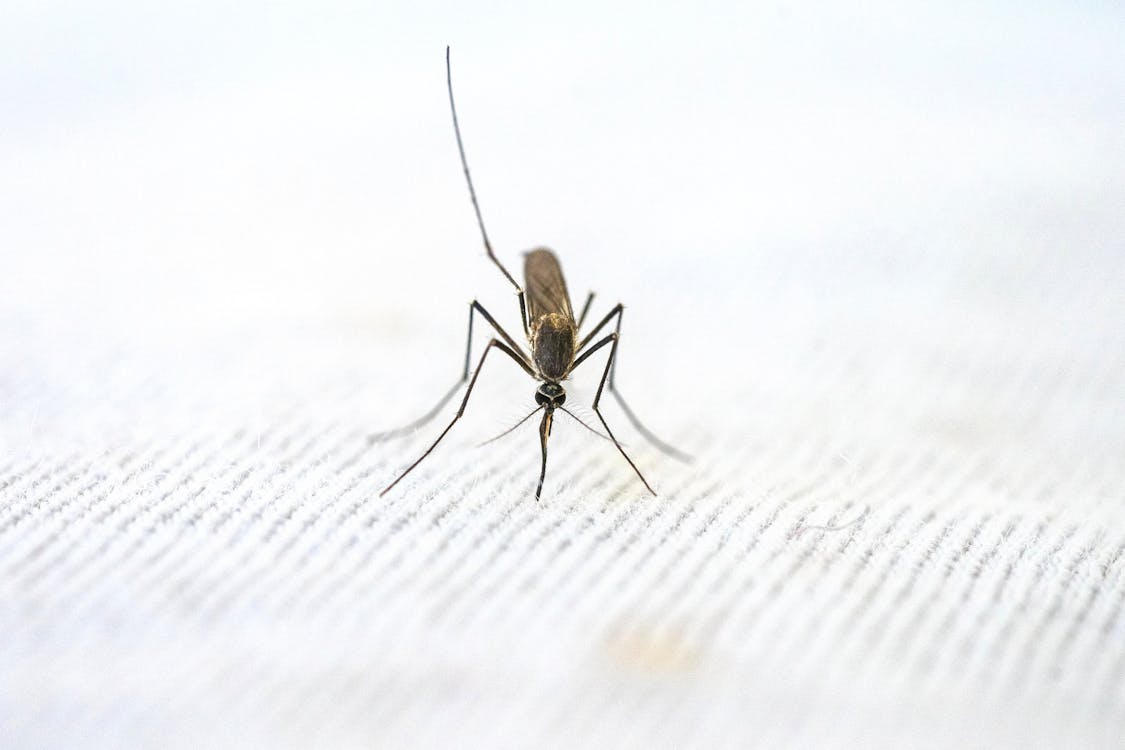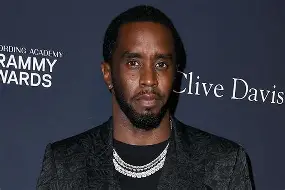May 2nd marked the release of Marvel’s latest project, “Thunderbolts.” The movie has been well-received by audiences around the world and has been deemed “the return of Marvel”. The success of the movie is due in part to its message about mental health. Spoilers ahead.
The movie opens with Yelena, one of the stars of the “Black Widow” film, jumping off a building and into one of her missions. She talks about feeling empty and how her life has been unclear and how unmotivated she feels, deeming it boredom as a joke.
The point is, Yelena opens the movie with explaining her lack of fulfillment. She talks about the depression that she has been experiencing. This leads directly a primary theme of the movie: battling the darkness within you.
We’re then led to Bob, a young man who is revealed to have superhuman abilities. We learn bits of his past, realizing his hurt and the genuine pain that goes on inside of him, which is similar to what Yelena was saying in the beginning of the movie. Then, in great supervillain fashion, the darker half of Bob, who has been given the moniker “sentry,” is now personified. Instead of living inside of him, like those ill feelings do for most of us, they gain the ability to disappear people into the Void.
Bob’s darker half reveals how much damage we can do to ourselves and the people around us when we have those feelings of darkness. In extreme cases, those feelings may consume us and we become someone else entirely.
The movie concludes with Bob battling his darker half, only for that other half to begin taking him over. He can’t hear Yelena’s pleas for him to stop, so she runs to him and embraces him. The rest of the team does the same and they say, “We’re here.”
While a superhero movie on the surface, this film is a story about a group of people who come together to be something greater than themselves. They’re not the Avengers, but they are a family. They care for one another and they have each other.
“Thunderbolts” is a movie about depression and how that thing in our minds that tells us we’re not good enough is wrong. It’s a story about people who have done bad things try to make amends and be better. It reminds audiences that deep in your heart, you’re never truly alone.













